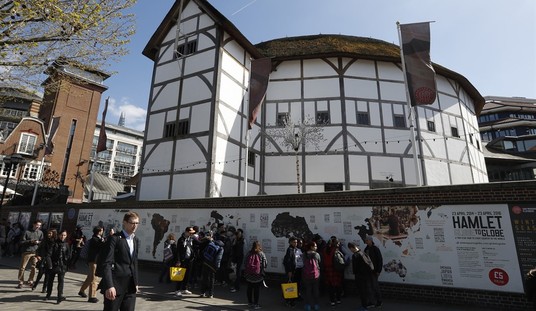One of the things that’s always fascinated me about newspapers is how little most newspapermen appreciate anything new. Because whenever something new that’s changed the world–or at least the US–has appeared ever since the liberalism really tilted left in the late 1960s, newspapers have cynically pooh-poohed and tut-tutted those changes.
Personal computers arrived in the mid-1970s with little more than an initial yawn from the press. Ronald Reagan’s efforts to rebuild the economy, our national defense and our pride were actively reviled. When those efforts resulted in the Dow Jones going from about 800 in 1980 to 3000 in 1991, and the liberation of Eastern Europe, Central America, Kuwait and ultimately the collapse of the Soviet Union by 1991, the press could scarcely understand how the world had changed.
When Matt Drudge ran stories that the media had thought embargoed, he was written off as a crank, and a loner, instead of the harbinger of a new, two-way, interactive media.
Since 9/11, bloggers, following his lead, have:
A huge element of the success of bloggers has been in bringing a two-way dialogue to two groups that long dictated how information would be presented: politicians and the media.
No wonder both groups hate them.










Join the conversation as a VIP Member